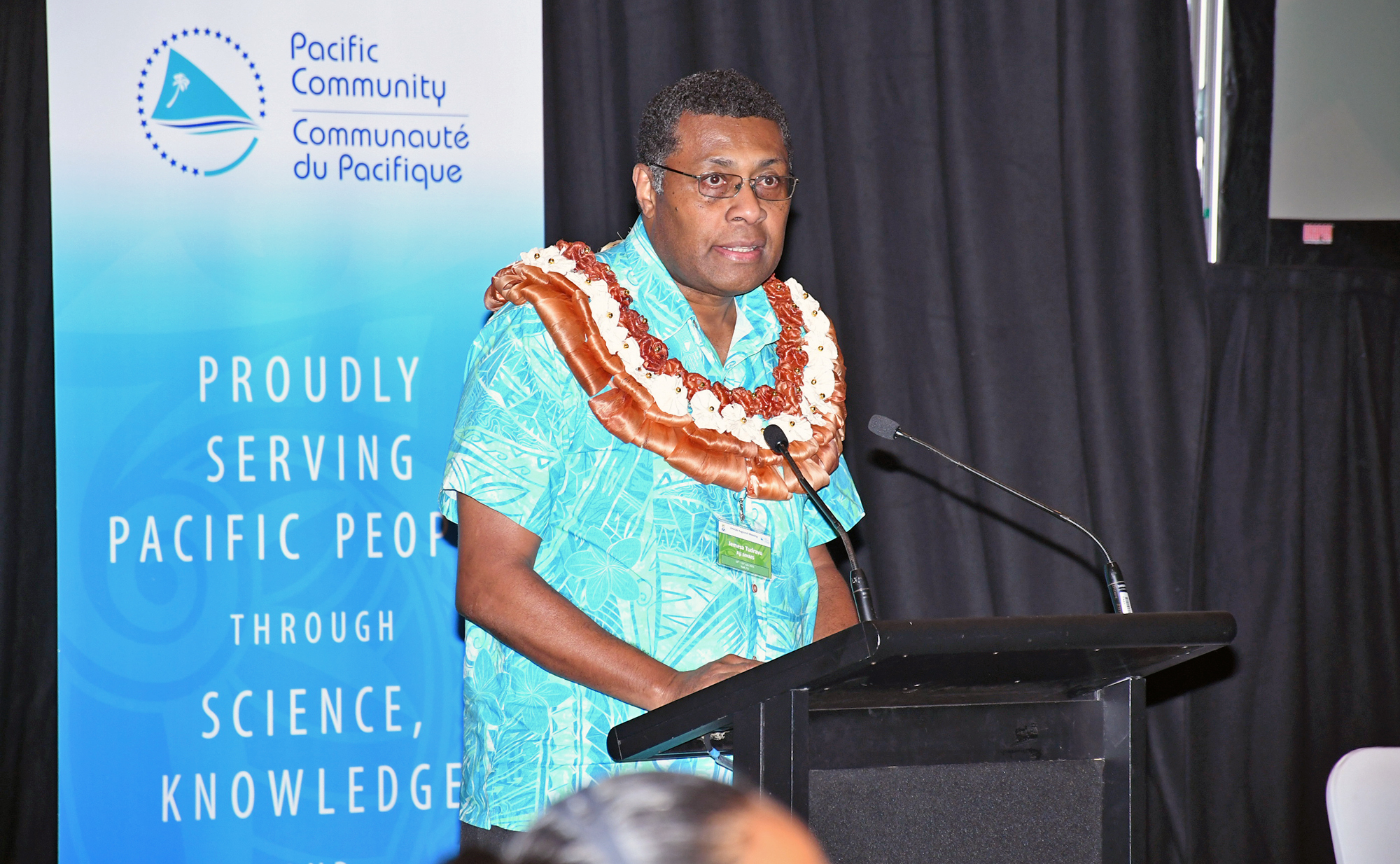WE need an all-hands-on-deck approach to strengthen surveillance and response to infectious disease outbreaks or pandemics in the region, says permanent secretary for Health and Medical Services Dr Jemesa Tudravu.
Officiating at the opening of the 2025 Regional Meeting of the Pacific Public Health Surveillance Network (PPHSN) in Nadi on Monday, Dr Tudravu said the region had a double burden of communicable and non-communicable diseases, adding that the experience of the global pandemic had underscored this need.
“I acknowledge that there will be many challenges ahead, both internal and external, when undertaking the implementation of these new surveillance systems,” Dr Tudravu said.
“But I believe that this is not insurmountable, as this is supported through the collaboration and coordination platform PPHSN can provide.
“I want to be optimistic as I envision that over the next decade, it is expected that surveillance technology and tools will expand in rapid way, with the increase in the use of electronic medical records and laboratory information systems, together with experimentation in the use of artificial intelligence in the region.
“The discussion in this year’s regional meeting is important to raise the necessary awareness and attention on these important public health burdens in the region and on how best to strengthen surveillance and response going forward.
“I also want to encourage our partners to continue to support PPHSN and the role it plays in building health security and strengthening our overall response systems to regional health threats.”
Meanwhile, Dr Tudravu also said there remained limited control tools in the region’s prevention toolbox for dengue fever.
“Most of our countries are responding with chemical sprays and source reduction. I know that five of the countries in our region, including Fiji, have trialed the use of Wolbachia mosquitoes for control, and some are trialling the use of the sterilisation technique.
“This is the sort of research that we need so that we can have more choices in our vector control toolbox to control vector-borne diseases.”



